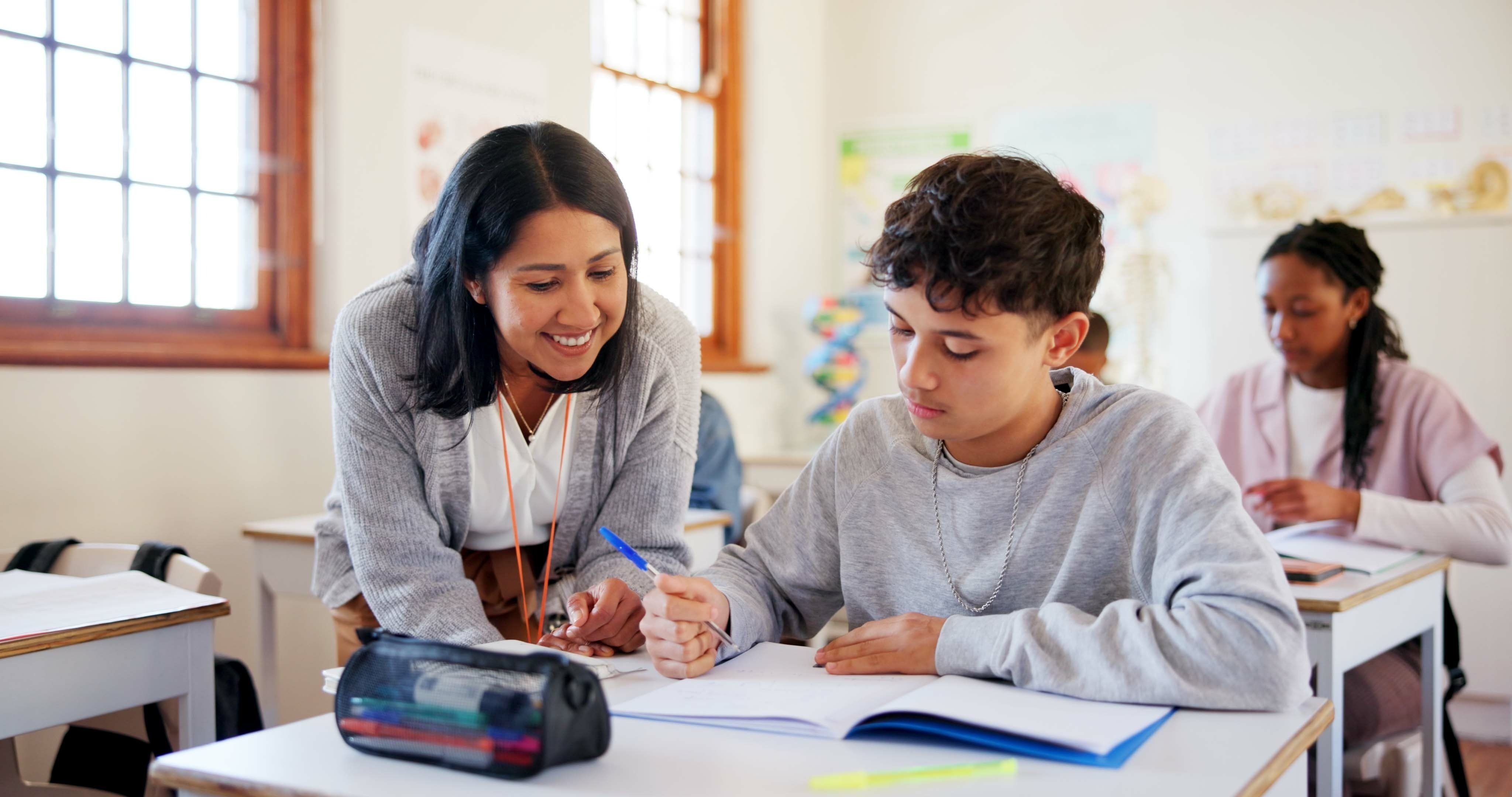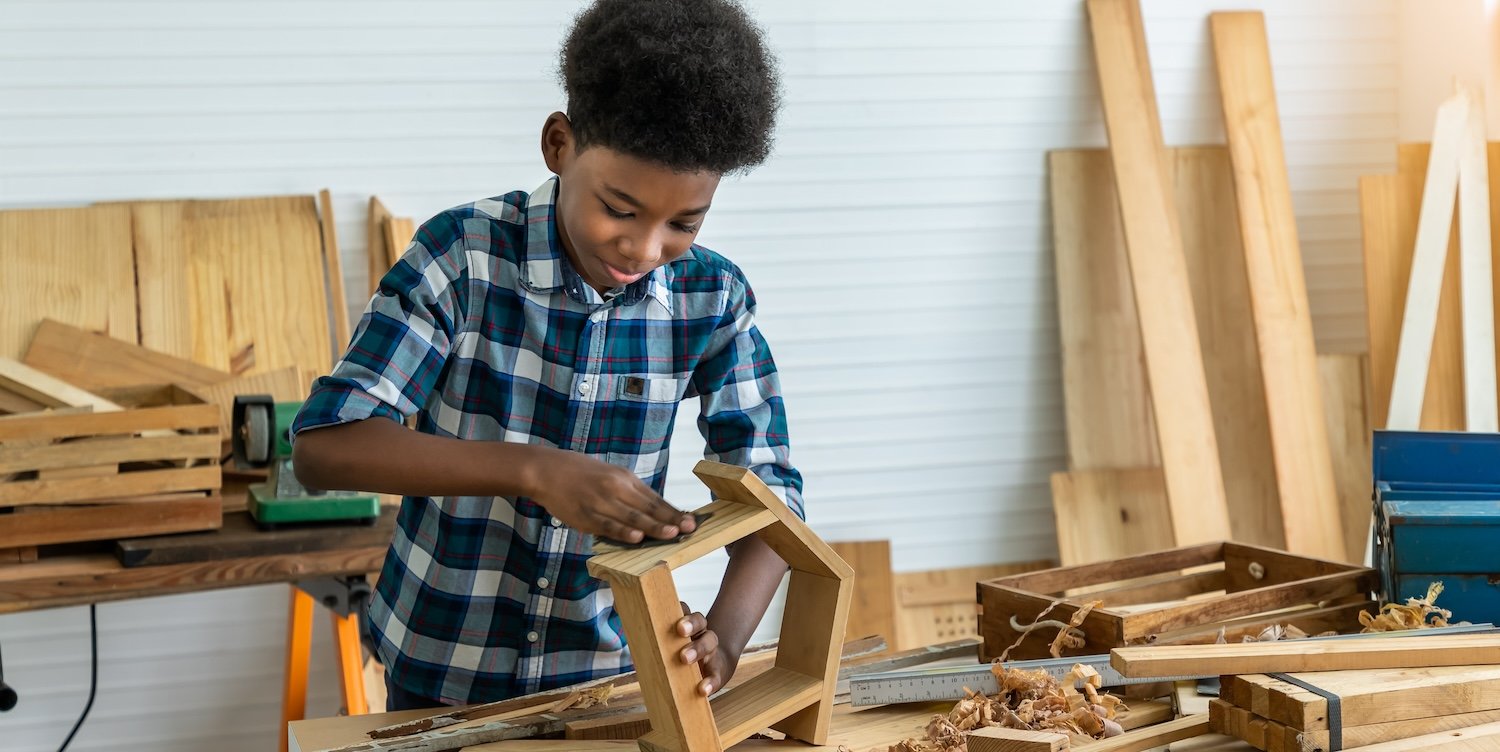Keeping Tech in Check

Teens love technology and for many, their cell phones are at the top of the list of their most important possessions. Whether it’s music, gaming, social media, calls, or texts, most teens who have a smartphone use it frequently to near constantly throughout the day. Teens’ ties to their phone aren’t just one-sided. Just as they engage with their cell phone, the phone engages right back strengthening the pull of the device. Common Sense Media, a nonprofit that examines the impact of technology on young people, reported in a 2023 survey that teenagers receive a median of 273 notifications a day, with nearly a quarter coming in during school hours. While that number seems shockingly high, the study found that one in five students—20 percent—receive more than 500 notifications a day. It’s no wonder they struggle to disconnect!
Despite the lure of their cell phones, many teens recognize the benefit of disconnection even as they struggle with it. Just the prospect of not having their phone can leave teens anxious. A 2024 Pew Research Center study found that 44% of American teens report that they feel anxious when they don’t have their phone even as 72% of U.S. teens say that they often or sometimes feel peaceful when they don’t have their smartphone.
Schools also see the benefit of separating kids from their phones. Several state legislatures, including Ohio’s, have passed laws in recent years requiring schools to create policy around use of cell phones on campus. Even without legislation, schools across the country are considering how to reduce the distraction of cell phones and help students focus on academics during the school day. Strategies such as phone holders in classrooms, lockable phone pouches, or banning phones altogether are ways that school leaders hope to break students of the powerful tie to their cell phone. While students chafe against these restrictions, many have acknowledged that rules that separate them from their phones have increased their connections with classmates and teachers.
Students I work with admit that they feel relief when they know that their phone is out of their control and being held by their teacher. Being able to disconnect from their notifications gives them space and time to fully concentrate on class and classmates alike which they acknowledge is a nice change. In 2023, The New York Times asked students across the country how they felt about cell phone bans and their responses ranged from full support to derision with most falling somewhere in the middle. It seems most teens admit that time away from their phones is healthy and beneficial for them. Many even acknowledge that because the pull of their phones is so strong, they need the adults in their lives to help them disconnect.
As more schools have changed their policies, families also have the opportunity to reexamine and perhaps reset their technology-use habits at home. Parents play a pivotal role in helping their children balance their use of technology with other interests and there are a number of different strategies to try.
1. Model Healthy Behavior
It can be tough to balance the digital demands of work and home but it’s very important that kids see their parents disconnecting from their phone. In that same 2024 Pew Research Center survey, 46% of teens say their parent is distracted by a phone when having a conversation with them. When life is busy, it is easy to fall into a multitasking trap but it is important to intentionally prioritize family time. Be obvious and vocal about putting your phone away and explain why it is important for you and for your child.
2. Establish Clear Rules
Whether it is a device-free dinner, a cell phone cut-off time before bed, or a central charging location, create boundaries and establish family rules that everyone follows. Creating and living out these rules as a family will help everyone buy in and be accountable to each other.
3. Support School Policies
It might seem inconvenient that you are now no longer able to text with your child during the school day but do your best to support your school leaders in their cell phone policies. Hours of consideration and planning goes into the implementation of any school policy and each policy is made with student safety and academic success at the center. If you have concerns about a school policy, it’s best to address those concerns to leaders at the school and not to your child.
4. Help Your Teen Develop His Tech Self-Control
Using screen time monitoring can help your son understand how and how much he uses his phone. Help him set goals for how much time is right for him to be on his phone. Additionally, talk about the apps he is using and help him to prioritize active and creative use of technology over passive and mindless technology consumption
5. Communicate Openly
Technology is constantly evolving and our use of technology will evolve as platforms and products do. It’s important to talk about the challenges we face as adults with our kids. Help them see that finding balance with technology is not just a part of adolescence but a lifelong journey.
Helping teens disconnect from their cell phones at school and at home is not about eliminating technology but about fostering a healthier and more balanced relationship with it. By setting clear boundaries, modeling good behavior, and encouraging meaningful offline activities, parents can guide their teens toward a more mindful use of their devices. Open communication and consistent support are key in navigating this journey together. Ultimately, the goal is to empower teens to manage their screen time effectively, allowing them to fully engage with their studies, relationships, and personal interests. Embracing these strategies not only enhances all our well-being but also strengthens connections in the classroom and around the dinner table.
The conversation continues on the Boys Education Series podcast! Subscribe on your favorite streaming platform.
Lisa Ulery, the Director of Technology and Libraries at University School, has over 15 years of teaching and library experience in both public and independent schools. With a master's degree Instructional Technology, she is passionate about helping teachers and students balance their technology-rich lives.


%202.jpeg)
